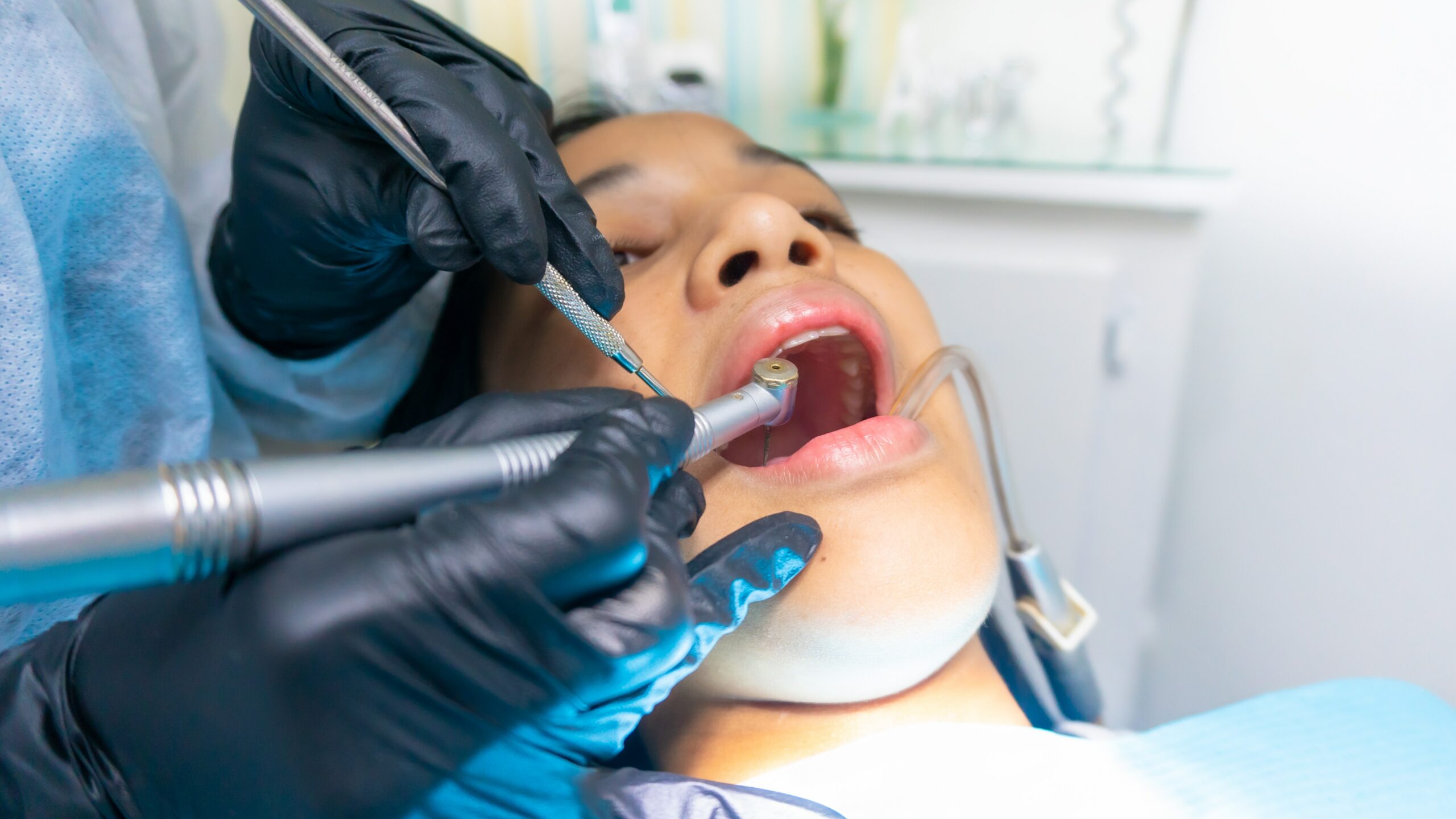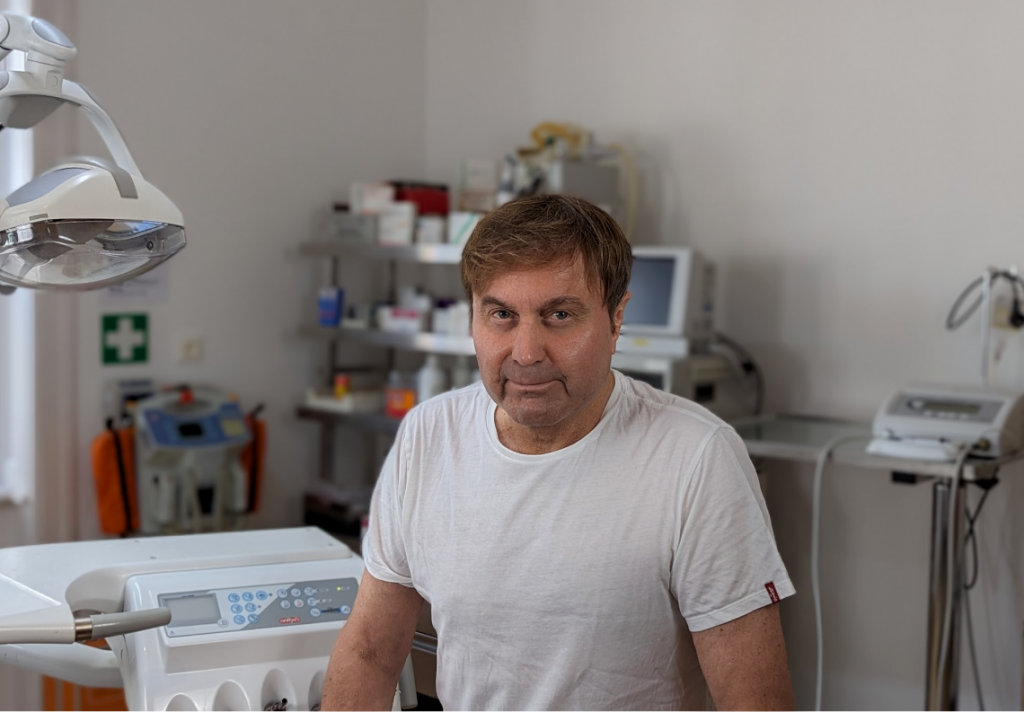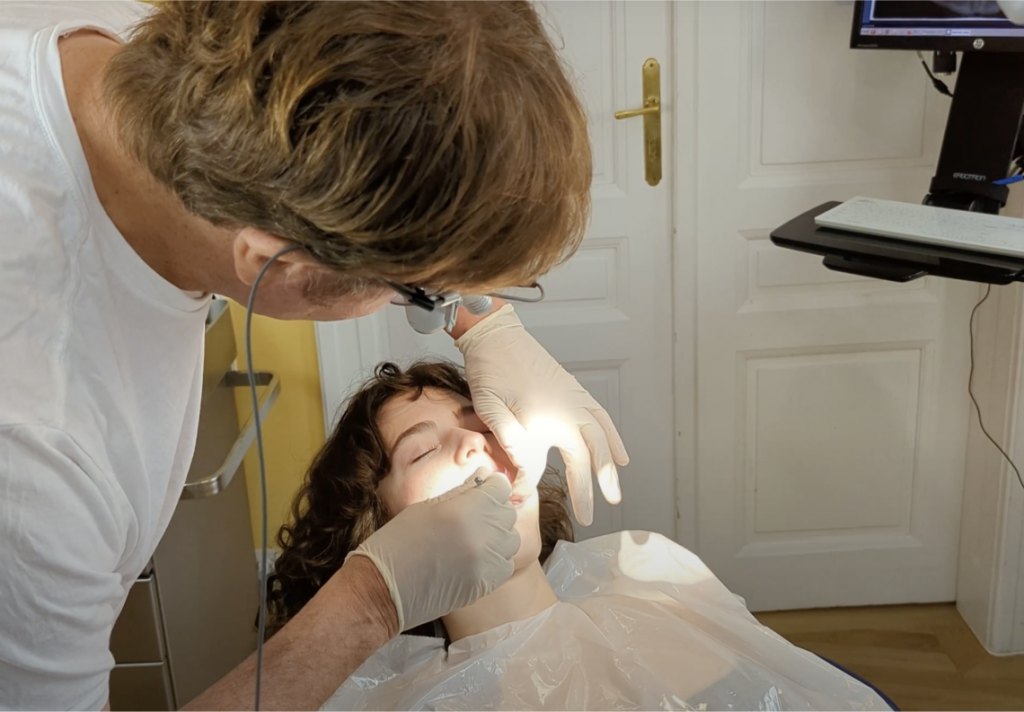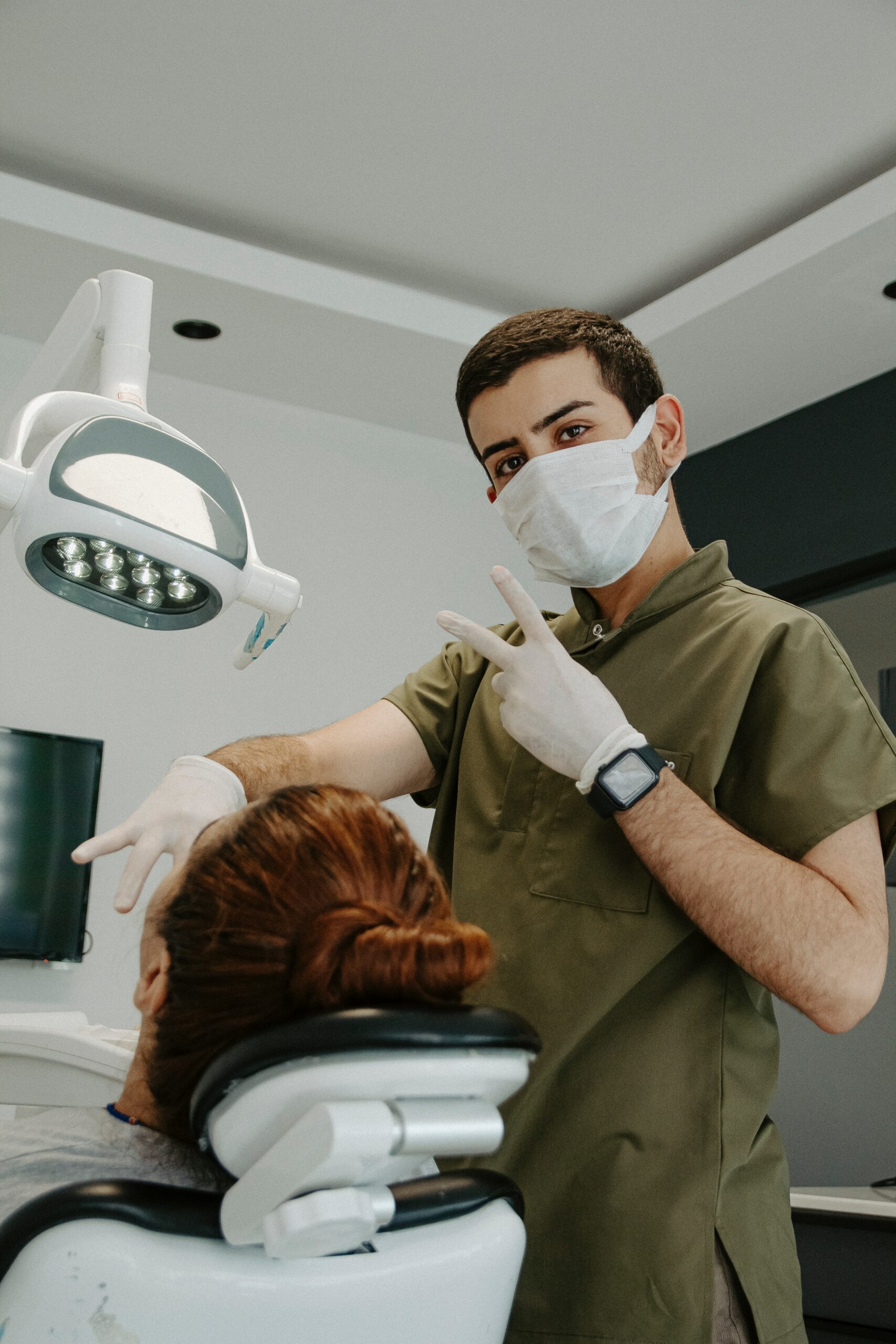
When are teeth treated under general anesthesia?
Lorem ipsum dolor sit amet, consectetuer adipiscing elit. Aenean commodo ligula eget dolor. Aenean massa. Cum sociis natoque penatibus et magnis dis parturient montes, nascetur
Vienna’s Smile Artisans:
Crafting Perfection in Every Smile.
Mon-Thu: 09:00 – 16:00
Nordbergstraße 6/3, Wien

Main focus in difficult restaurations
Ballance between TMJ (Temporomandibular joint)/ bones structures upper and lower jaw,
Oral surgery
„Lorem ipsum dolor sit amet, consectetur adipiscing elit, sed do eiusmod tempor incididunt ut labore et dolore
Dental implants
„Lorem ipsum dolor sit amet, consectetur adipiscing elit, sed do eiusmod tempor incididunt ut labore et dolore
State of the art treatment
„Lorem ipsum dolor sit amet, consectetur adipiscing elit, sed do eiusmod tempor incididunt ut labore et dolore
As mentioned above, we work together with the Dental University of Vienna , the Academy of Oral Implants, the Radiology Department of Sanatorium Hera/Private Hospital and the various maxilo-facial surgery departments in all Vienna






26
years of experience in dentistry
10000+
operations performed
600+
satisfied clients
10+
years of work in own clinic
Dear patient ! Please do not come to the operation fasting unless the surgeon has expressly advised you otherwise! Please use public transport to get there or be accompanied by someone, as due to the anesthetic used, driving a motor vehicle is not permitted for the duration of the local anesthesia. It is also URGENTLY necessary to maintain excellent oral hygiene before and after the surgical procedure. Please come with well-cleaned teeth; if necessary, tartar may need to be removed as part of an oral hygiene session. If you wear dentures, please do not use any adhesives on the day of the operation. Please bring the signed lapel and any treatment and cost plan (patient information sheet) with you on the day of the operation.
Registration
On your first visit we register you , ask general medical questions of possible importance in regards to our treatment
Examination
take x-rays (panoramic and single), conduct a visual and instrumental examination to determine the condition of the teeth and gums as well as technical works already existing
Treatment
Discuss suggested treatments. If there are several options you can choose the most suitable for you. Then schedules the following consultations for further work will be done.
If you have had a swab inserted, you can remove it after approx. 15-20 minutes. You should not eat anything while the local anesthesia is taking effect ( risk of biting the cheek mucosa or choking) and steer no motor vehicle. During the first postoperative days, wound pain as well as swelling (possibly increasing from the first to fourth postoperative day) as well as difficulty opening the mouth or minor bruising and also a slight increase in temperature are completely normal. These symptoms usually disappear continuously within about 10 days. Cold on the operated side (place an ice pack or similar on the skin only with an intermediate layer!) reduces the swelling after the operation, but is only useful up to six hours after the procedure. NEVER apply local heat. Do not sleep on the operated side. Avoid saunas, hot baths, solariums, competitive sports or strenuous physical work. Avoid mouthwashes as the clotted blood after dental surgery closes the wound and is absolutely necessary for good healing. Without this blood blockage, the bone is exposed, causing severe pain and these symptoms have then to be repaired in a follow-up operation. Nevertheless, precise dental and oral care is particularly necessary in the following days, as poor oral hygiene carries the risk of infection. However, be gentle in the wound area and use a soft toothbrush. Take the medication ordered after the operation as prescribed (here too, consider the possibility of reduced driving ability), read the package leaflet, If you need blood thinning due to an pre-existing illness, this should be continued in consultation with your treating doctor .The surgeon should be informed about this matter. Do not consume hot, crumbly or raw food and heated drinks on the day of surgery and the two days following, as bleeding and/or infection could occur. Do not smoke, as wound healing is severely disrupted by the vasoconstricting effect of nicotine. Any notification of illness to the employer will be made by your family doctor. The treatment usually proceeds witha check-up the following day and ends with the removal of the sutures. Even so these are self-dissolving we prefer to do so, as the stitches give people an unpleasant feeling and additionally this visit allows us to perform an intermediate assesment of the OP’s result. If your maxillary sinus has been opened up, avoid blowing your nose, bending over or lifting heavy items and only sneeze with your mouth open. However, after closure of an opened maxillary sinus, the sutures remain in place for at least 10 days. We wish you an uncomplicated and good healing process!
In our clinic, you’ll wait in a serene ambiance, free from the usual dental sounds and scents, ensuring a relaxed experience that eases any anxieties right from the start.

DDr. Stefan Wagesreither
Head Dentist, Director

Jenny
Dental assistant

Alyssa
Dental assistant


After graduation from dental University Vienna working as a teaching assistant first at the Maxillofacial Department of the Medical University Vienna

26
years of experience in dentistry
20
years as HERA as an oral surgeon
3
years teaching assistant at dental University of Vienna
3
years as well as at the Dental Department / Sanat
100+
Certificates for advanced training
20
years as HERA as an oral surgeon

A detailed explanation of what you can anticipate after having had a visual examination of the teeth plus several xrays been done.
Additionally, referrals for any further diagnostics that may be necessary, such as dental computertomographies or MRI‘s of the jaw joints, may be given to the patient.
Simply call during office hours (Mon – Thubetween 9 a.m. and 4 p.m.) and make an appointment.
In the event of pain, we will of course endeavor to arrange an assessment and initial treatment as quickly as possible.
Cancellations are possible up to 24 hours before an appointment
In the event of repeated short-term cancellations or no-shows, we unfortunately cannot guarantee further treatment options.
We have all common Austrian health insurance companies except KFA and of course also accept comparable insurance policies in the EU or those on a private basis
Our x-ray machines are equipped with digital sensors and the necessary radiation dose is therefore extremely low.
X-rays are a legally mandatory part of an examination and are absolutely necessary to assess the condition of teeth and bones.
In principle, you should have a check-up and an oral hygiene session carried out every six months
In some cases, shorter control intervals may be necessary due to longer-term planning needs (e.g. orthodontics, bone reconstruction or in the course of complex case studies).
The highest quality treatment for a gap in the dentition is done using implants, although sometimes a different type of prosthetics can be more effective.
In any case, a precise analysis of the current condition and clarification of the patient’s wishes are necessary beforehand
Instructions on handling dental emergencies and how to contact the clinic outside regular hours.
Pain after a dental treatment such as a root canal procedure can certainly occur – but it usually goes away within a few hours. In exceptional cases, however, it can take longer – up to a few days after surgical interventions – for the symptoms to subside.
Minor bleeding is also possible as a result of operations, is not unusual in itself and usually stops after one to two hours if you bite on a clean piece of folded cellulose kitchen roll.
If symptoms worsen, such as high fever, severe throbbing pain, bad breath or massive swelling, please call our office immediately during opening hours.
If the office cannot be reached, please contact the dental clinic at the HERA Sanatorium in 1090 VIENNA, Löblichgasse 10, Monday to Friday from 7:15 a.m. to 6:15 p.m. (Phone number 01 31350 45 290) or the emergency dental service ( phone number 01 512 20 78 or on the Internet at www.zahnaerztekammer.at, then your federal state and subsequently „Emergency service“ / „Zahnärztlicher Notdienst“ ) or an oral surgery department during the night.
Every treatment with us is carried out step by step according to medical necessity after precise prior planning and consultation with the patient
Simply “beautifying” the front teeth does not correspond to good clinical practice or our view of dentistry in general
Details about the clinic’s sterilization procedures and safety measures to reassure patients.
In our office, all instruments are cleaned in a special washing machine at high temperatures, then dried, shrink-wrapped and finally heated in an autoclave to ensure medical sterility.
In addition, disposable medical goods are of course used and are thrown away after each patient.
Our working surrounding is mainly made of medical stainless steel and all surfaces that we or the patient may touch are cleaned after each treatment according to a standardized hygiene protocol.
Information on sedation dentistry and pain management techniques available for anxious or sensitive patients.
Our entire place is designed to avoid giving the impression of a dentist’s office – which is usually unpleasant or even frightening – upon your arrival.
That’s why – among other features – we have a green wall in the entrance area with lush plants, which on the one hand has a restful effect and on the other hand creates a really pleasant indoor climate.
Our waiting area is most comparable to a living room, in which lounge armchairs make sitting bearable and where we also decorate according to the season so that our patients are a little distracted from the dental environment of their visit.
For our customers, quiet classical music is enough to block almost all noise from the treatment rooms and we also make sure to avoid the typical smells of a dental practice – which you often carry unpleasant memories from your childhood – as much as possible.
Since we only accept a few patients per day, we usually have enough time to create a calming atmosphere during the initial consultation and to take slow steps in the treatment process, which usually do not cause excessive demands.
In the event of severe feelings of anxiety, we also give a mild sedative – mainly at the first treatment appointments – before this proceeding the patient is warned to avoid driving a vehicle in the first few hours afterwards.
The fear usually goes away quite quickly after the first few visits to us and usually at the end of the entire treatment period the patient no longer has any problems visiting us without fear.

Lorem ipsum dolor sit amet, consectetuer adipiscing elit. Aenean commodo ligula eget dolor. Aenean massa. Cum sociis natoque penatibus et magnis dis parturient montes, nascetur

Lorem ipsum dolor sit amet, consectetuer adipiscing elit. Aenean commodo ligula eget dolor. Aenean massa. Cum sociis natoque penatibus et magnis dis parturient montes, nascetur